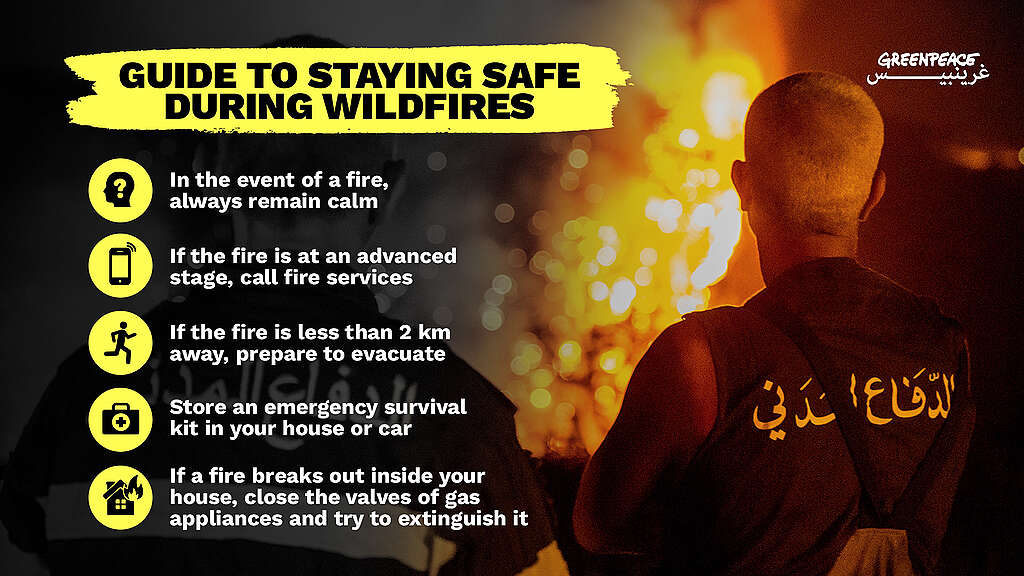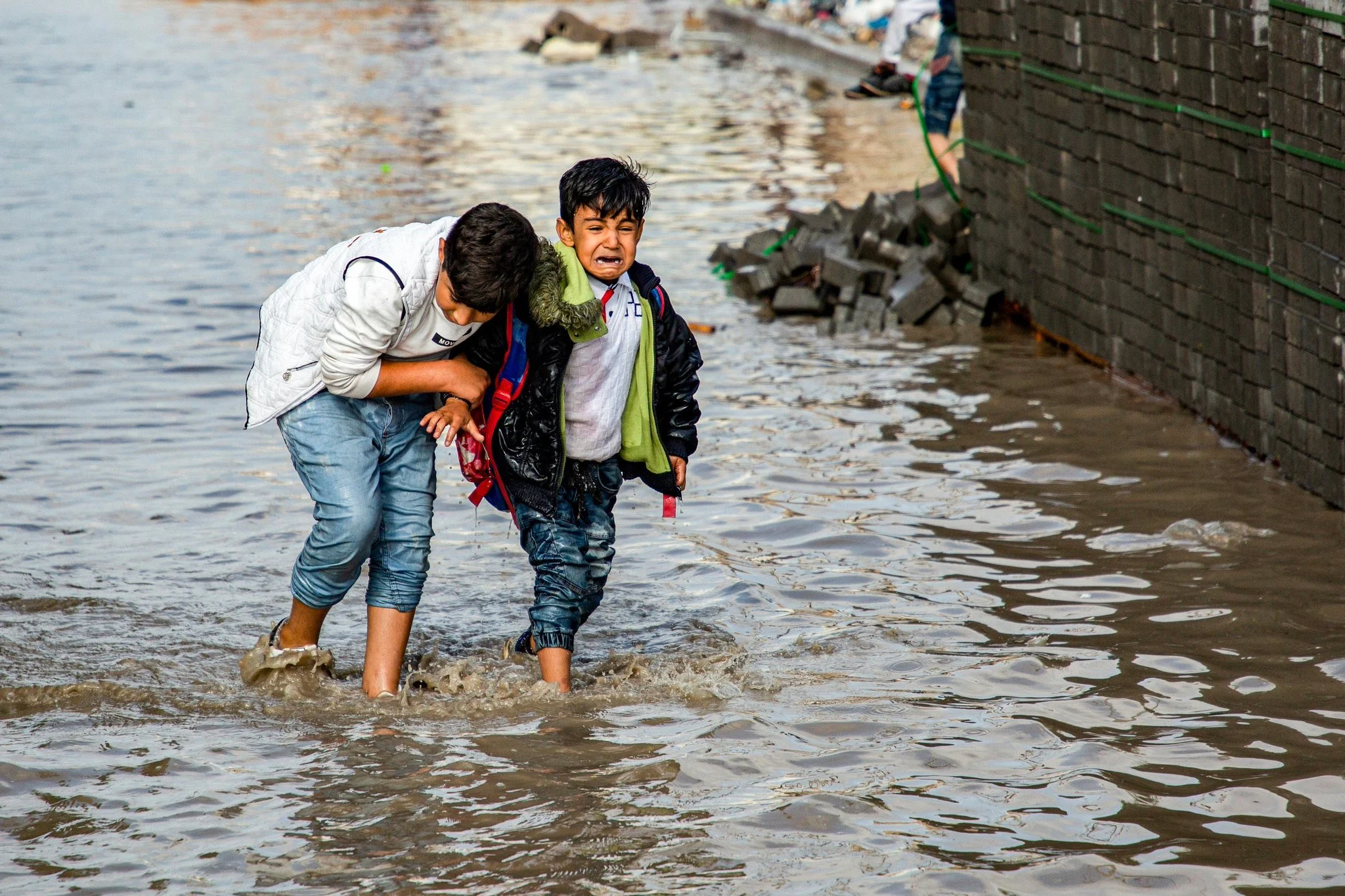

At the end of July 2023, Algeria announced that 34 people were killed by the fires that erupted in at least 11 provinces. According to local authorities, this disaster could have been avoided had some of the victims responded to calls to “evacuate homes threatened by fire” or at least implemented simple measures that could have kept them safe as the fires raged.
It is difficult to predict what effect climate change and human activity will have on the risk of wildfires in the future. For now, what is certain is that extreme weather events that fuel fires, such as heatwaves, are increasing and occurring at a faster pace than scientists had predicted. In theory, the continued burning of fossil fuels will raise the concentrations of emitted greenhouse gases even further, intensifying global warming. This practically means that forest fires, heatwaves, and droughts will increase at unprecedented rates.
This disruption has become particularly noticeable in countries of the Mediterranean basin and North Africa, and we have seen its repercussions in Lebanon, Tunisia, Algeria, and Morocco in the past few years. As such, we need to adopt a new way of thinking that would enable us to adapt to the consequences of climate change, so that we are psychologically and practically prepared for these events as much as possible. In other words, we have to be prepared to deal with wildfires and adapt to this growing threat.
When wildfires occur near you, be prepared to protect yourself and your family until firefighters and professionals arrive by following these guidelines:
- In the event of a fire, always remain calm. Assess the situation and decide if you can help put out the fire.
- If you see a small initial spark, try to put it out using water, dirt, or a heavy tree trunk. If you manage to put out the fire, stay close to where the spark had started, as it might not be fully extinguished and could reignite. Notify local fire services and wait for them to arrive before leaving the area.
- If the fire is at an advanced stage, call fire services, then leave the area and let professional firefighters do their work. Avoid moving upwind or downwind.
- If you are outdoors and encounter a fire, try to take a route that keeps you in contact with others, reach an area that has already burned, or go the vicinity of a river or a cultivated field, etc.
- Develop a plan to manage the situation in the event that a fire erupts near your house. Prepare medications and N95 face masks, depending on the needs of children, pregnant women, and individuals with medical conditions such as asthma, chronic obstructive pulmonary disease, or heart disease.
- If you are in your house and a fire erupts nearby, notify emergency services (check the numbers of emergency and fire services in your country in the table below). Fill the bathtub and other sinks with water and wet the areas at risk of catching fire.
- If the fire is less than 2 km away, prepare to evacuate by following the instructions of the fire and emergency services. Check evacuation routes in advance, prepare your children, and don’t forget your pets when developing your evacuation plan.
- Store an emergency survival kit in your car, and remember to include essential documents, medications, and identification papers.
- If a fire breaks out inside your house, try to extinguish it immediately. Close the valves of gas appliances and call the fire service. Teach all your family members how to use a fire extinguisher (ABC type) and show them where it is kept.
- If the fire gets very close to your location, gather all your family members into one room with a window. Using pieces of cloth or bedsheets, tightly seal the gap under the door to prevent smoke from leaking in, then open the window and call for help, or try calling emergency services using your mobile phone. If you are on the first floor or ground floor, use the window to escape. Do not jump; instead, use the bedsheets to gently slip through the window.
If your clothes catch on fire, don’t run. Lie on the ground and roll around immediately until the flames go out. Wear a coat, blanket, or other heavy material to smother the flames.
* Fossil fuels are turbo-charging extreme weather events and people all over the world are suffering the consequences. While international Oil and Gas Companies count their billions, vulnerable communities especially in the Global South are counting the losses from the record-breaking floods, wildfires, droughts, and heatwaves that these companies are fueling. This is the stark reality of climate injustice, and we must end it! It is time to force big oil companies to stop expanding oil and gas production around the world and to bear the cost of the climate destruction they are causing everywhere.
Polluters Must Pay: Our Lives before their Profits!
Extreme weather events induced by fossil fuels are becoming increasingly frequent and severe. Big oil companies must be held accountable for fueling the climate crisis and bear the cost of the devastation they are causing in our region.
-

The climate justice clock is ticking.
The MENA region is particularly impacted by the adverse effects of climate change in every possible way. Children, women, indigenous communities, properties, crops and ecosystems are daily being reduced to mere figures and stories of climate change victims. They are our sisters, our brothers, our homes, our livelihood, our serenity and our culture.
